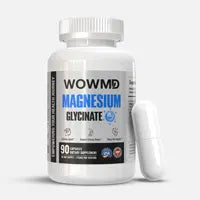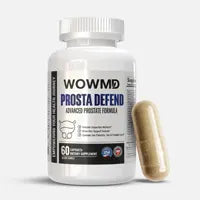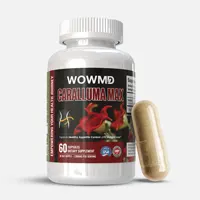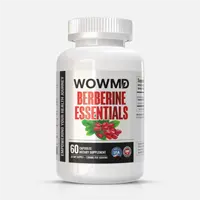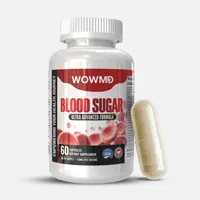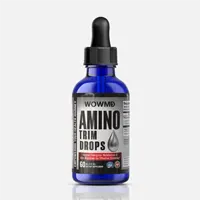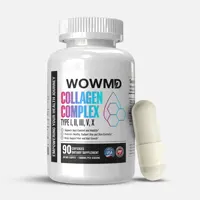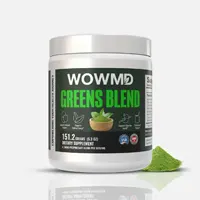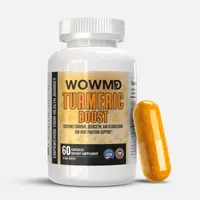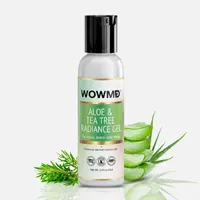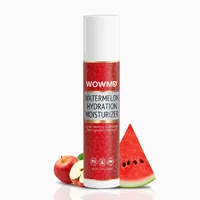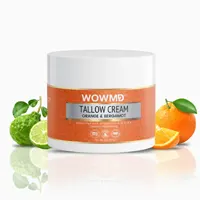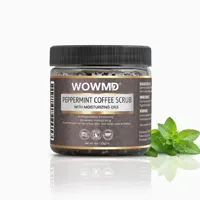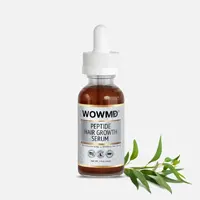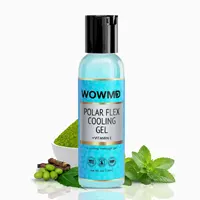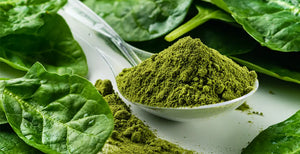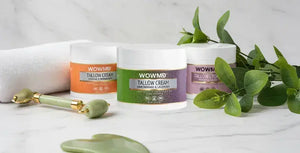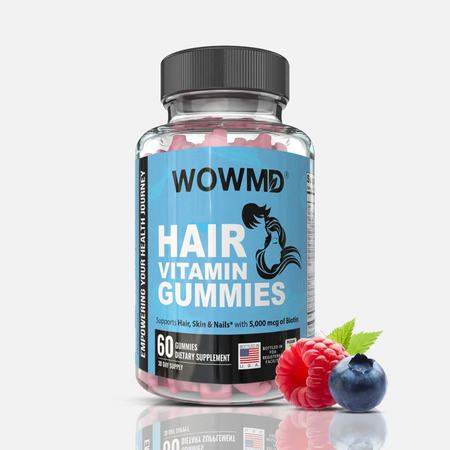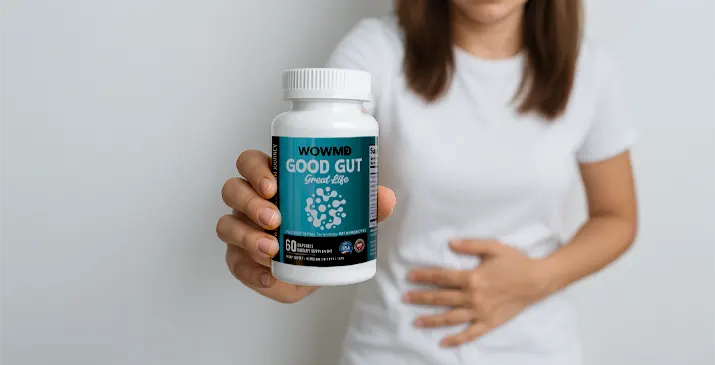Does Zinc Help the Immune System? (2026 Guide)
Everything You Need to Know About Zinc: Supporting Immunity, Fighting Infections, Reducing Inflammation, Promoting Healing, and Getting Zinc from Foods and Supplements
Advertiser Disclosure: WOWMD independently vets all recommended products. If you purchase a featured product, we may be compensated. Learn why you can trust us.
You May Also Like
Popular Stories
- Superfood Greens Powder Uses & Recipes
- The Best Beef Tallow Products for Radiant Skin: A 2026 Guide
- Holy Basil : Ayurveda’s Herb for Balance, Immunity & Everyday Calm
- Best Gel Moisturizers for Hydration & Skin Care in 2026
- 7 Best Effective Supplements for Improving Bladder and Prostate Health in 2026
- 4 Best Cooling Gels for Skin and Body: Instant Refreshment and Relief
References
WOWMD follows strict sourcing guidelines to ensure the accuracy of its content, outlined in our editorial policy. We use only trustworthy sources, including peer-reviewed studies, qualified experts, and information from top institutions.
- Role of food nutrients and supplementation in fighting against viral infections and boosting immunity: A review. Trends in food science & technology, 110, 66-77. https://doi.org/10.1016/j.tifs.2021.01.069
- Recent aspects of the effects of zinc on human health. Archives of toxicology, 94, 1443-1460. https://doi.org/10.1007/s00204-020-02702-9
- Nutrition can help DNA repair in the case of aging. Nutrients, 12(11), 3364. http://dx.doi.org/10.3390/nu12113364
- Vitamin D and immune regulation: antibacterial, antiviral, anti-inflammatory. Journal of Bone and Mineral Research plus, 5(1), e10405. https://doi.org/10.1002/jbm4.10405
- Skin minerals: key roles of inorganic elements in skin physiological functions. International Journal of Molecular Sciences, 23(11), 6267 https://doi.org/10.3390/ijms23116267
- The Crohn’s disease exclusion diet: a comprehensive review of evidence, implementation strategies, practical guidance, and future directions. https://doi.org/10.1093/ibd/izad255
- Zinc lozenges and the common cold: a meta-analysis comparing zinc acetate and zinc gluconate, and the role of zinc dosage https://doi.org/10.1177/2054270417694291
- Animal models to improve our understanding and treatment of suicidal behavior https://doi.org/10.1038/tp.2017.50
 Alpha Man Power Pack
Alpha Man Power Pack All-Day Fat Burn Trio
All-Day Fat Burn Trio Better Immunity Bundle
Better Immunity Bundle  Calm & Sleep Duo
Calm & Sleep Duo Cognitive Health & Vision Combo
Cognitive Health & Vision Combo Complete Weight Loss Bundle
Complete Weight Loss Bundle Core Vitality Trio
Core Vitality Trio Energy Booster Combo
Energy Booster Combo Focus Fuel Trio
Focus Fuel Trio Glow & Balance Duo
Glow & Balance Duo Health Balance Trio
Health Balance Trio Heart Care Bundle
Heart Care Bundle Joint Health Support Combo
Joint Health Support Combo Men's Immunity & Prostate Health Bundle
Men's Immunity & Prostate Health Bundle Metabolism Boost Duo
Metabolism Boost Duo Natural Skin Care Bundle
Natural Skin Care Bundle Peak Performance Duo
Peak Performance Duo Relax & Recharge Duo
Relax & Recharge Duo Skin Detoxification Bundle
Skin Detoxification Bundle Smart Energy Trio
Smart Energy Trio Stress + Energy + Wellness Combo
Stress + Energy + Wellness Combo  Total Burn Ignite Trio
Total Burn Ignite Trio Total Harmony Pack
Total Harmony Pack Workout Supplements Combo
Workout Supplements Combo